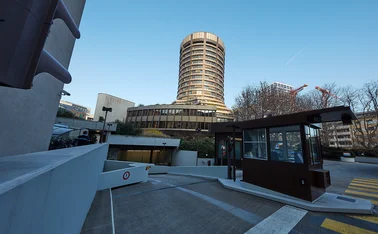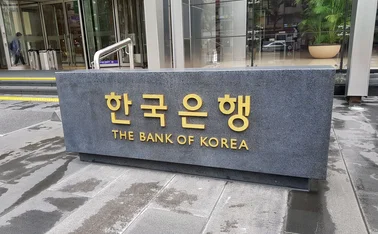
BIS paper models optimal response to unconventional shocks
Authors find ‘significant variation’ in optimal policy reactions to shock events

News shocks and regime switches in global liquidity appear to be two factors acting as amplification mechanisms for financial crises, but macro-prudential policies can reduce the damage, according to a working paper published on July 30 by the Bank for International Settlements (BIS).
Authors Javier Bianchi and Enrique Mendoza use a two-sector model to examine how news shocks about future fundamentals and regime switches in global liquidity can be controlled using a state-contingent tax on debt
Only users who have a paid subscription or are part of a corporate subscription are able to print or copy content.
To access these options, along with all other subscription benefits, please contact info@centralbanking.com or view our subscription options here: http://subscriptions.centralbanking.com/subscribe
You are currently unable to print this content. Please contact info@centralbanking.com to find out more.
You are currently unable to copy this content. Please contact info@centralbanking.com to find out more.
Copyright Infopro Digital Limited. All rights reserved.
As outlined in our terms and conditions, https://www.infopro-digital.com/terms-and-conditions/subscriptions/ (point 2.4), printing is limited to a single copy.
If you would like to purchase additional rights please email info@centralbanking.com
Copyright Infopro Digital Limited. All rights reserved.
You may share this content using our article tools. As outlined in our terms and conditions, https://www.infopro-digital.com/terms-and-conditions/subscriptions/ (clause 2.4), an Authorised User may only make one copy of the materials for their own personal use. You must also comply with the restrictions in clause 2.5.
If you would like to purchase additional rights please email info@centralbanking.com







